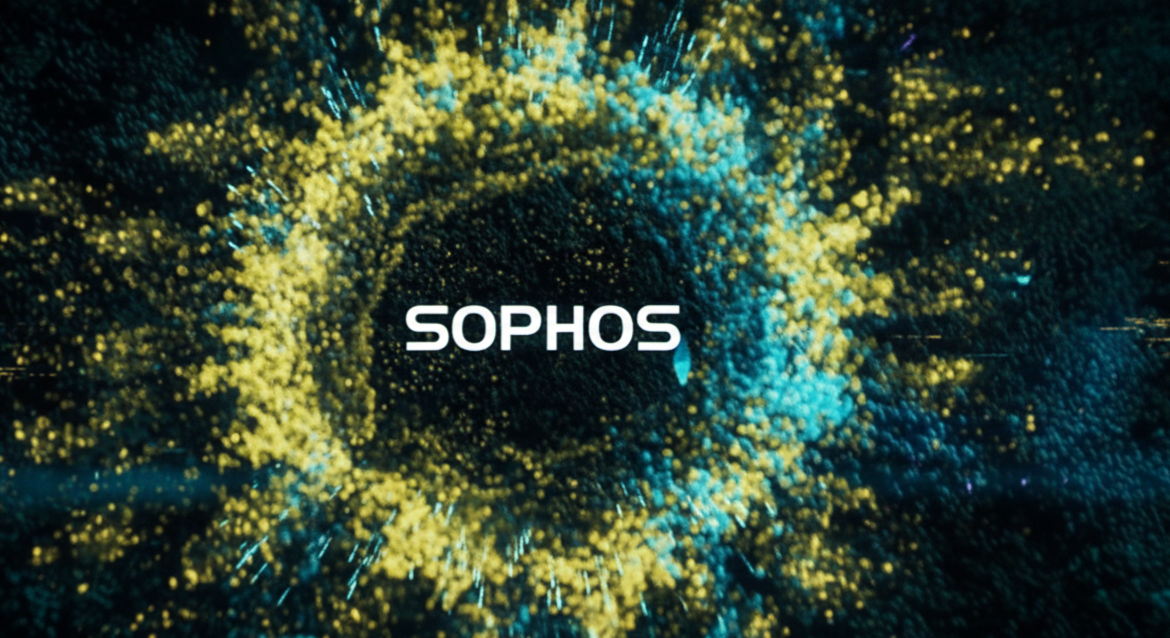Author: Jayvee Fernandez
-
Microsoft integrates Sophos advanced cyber intelligence into 365 Copilot and Security Copilot
Sophos, a global leader of innovative security solutions for defeating cyberattacks, today announced the general availability of new integrations that connect Sophos Intelix, its robust repository of cyber threat intelligence, with Microsoft Security Copilot and Microsoft 365 Copilot. Introduced at the Microsoft Ignite Conference in San Francisco, organizations of all sizes gain real-time access to Sophos threat intelligence within Microsoft’s AI-powered…
Written by

-
More than half (58%) of retailers hit by ransomware actually pay the ransom
As ransom demands double, and payments increase, nearly half of retailers traced their ransomware incidents to security gaps they were unaware existed ? Sophos,a global leader of innovative security solutions for defeating cyberattacks, recently released its fifth annual Sophos State of Ransomware in Retail report, a vendor-agnostic survey of IT and cybersecurity leaders across 16 countries.…
Written by

-
Maya enables Tap to Pay for Google Pay in the Philippines
Maya, the Philippines’ No. 1 all-in-one fintech platform and leading digital bank, is pioneering the next stage of contactless payments with the rollout of Google Pay support for Maya Credit Cards—becoming one of the first Philippine banks to enable Tap-to-Pay directly linked to credit cards.
Written by

-
MediaTek unveils Kompanio 540 for Chromebooks for 2026
Today’s classrooms demand more than basic browsing capabilities. To help students learn, create, and thrive in a digital-first world, they need fast, intuitive technology that moves as quickly as they do. MediaTek is committed to enhancing and enriching everyday life through technology. That’s why we’ve launched the MediaTek Kompanio 540, designed to deliver exceptional power…
Written by

-
Why Pinoys need a bit of entrepreneurship in their blood
There was a time when having a stable job meant security. You stayed loyal to one company, collected your benefits, and built a predictable rhythm in life. But in 2025, more than the entrepreneurial drive to explore new horizons, there’s evidence that many Filipinos are becoming entrepreneurs on the side. In my twenty years covering…
Written by

-
Sophos announces latest evolution of security operations portfolio
New Innovations in Identity Protection, Expanded Security Services, and Advancements in AI, and Threat Detection and Response to Strengthen Cybersecurity Outcomes? Sophos, a global leader of innovative security solutions for defeating cyberattacks, announced significant enhancements to its Security Operations portfolio, already trusted by over 75,000 organizations worldwide via Sophos XDR and Sophos MDR offerings, marking…
Written by

-
New Tagaytay finds: The Brickseum in Amadeo
Everything is awesome in Tagaytay! I had the chance to visit the private launch of The Brickseum, a project of Randy and Thea Protacio. I met Randy a number of years ago before the pandemic in my previous work at Manila Bulletin. As my boss also had a huge LEGO collection at the Intramuros office,…
Written by

-
Pre-order iPhone 17, iPhone Air at Power Mac Center, get it at midnight in over 40 stores
Super limited offer: Free iPhone 16e or Apple Watch Ultra 2 at the midnight launch Power Mac Center (PMC) is introducing the new iPhone 17 series and new iPhone Air to Filipino Apple fans. “We’re doing all this for our customers whose passion is technology and all its possibilities. Every new upgrade signifies a bold…
Written by

-
Sophos launches advisory services to deliver proactive cybersecurity resilience
Suite of penetration testing and application security services is informed by Sophos X-Ops Threat Intelligence and delivered by world-class experts Sophos, a global leader of innovative security solutions for defeating cyberattacks, announced the launch of Sophos Advisory Services, a suite of security testing services designed to identify gaps in organizations’ security programs. These offerings – External…
Written by

-
HONOR to make waves this October 14 with the HONOR X7d
Leading global smart devices provider HONOR Philippines is set to launch its newest viral smartphone HONOR X7d on October 14! Aside form its impressive water resistance, the upcoming HONOR X7d showcases comprehensive drop protection with prestigious SGS Premium Performance Certification of Drop & Crush Resistance, offering impressive resistance to drops from heights of up to…
Written by


